When it comes to retirement, the top concern among nearly half of all Americans is running out of money1. And these concerns are justified. From rising healthcare costs, to increasing life expectancy rates, and the all-but-certain economic recession looming on the horizon, there are ample reasons to fear your nest egg running out.
And with Americans doing a less-than-stellar job saving money, more and more people are facing retirement head-on with less savings than they need to live comfortably. As a matter of fact, a recent study shows that one in five US adults aren’t putting any cash aside for retirement or unforeseen financial emergencies2. The statistics are alarming, but there is some good news—it doesn’t have to be this way.
There are ways to stretch your retirement savings further—and with some proactive planning and discipline, you maximize your money to make your retirement years the happiest, most financially secure time of your life. Just consider some of the following ways to make your money go the extra mile in retirement.
Form a Realistic Budget/Spending Plan
Whether you plan on living off your lifetime of savings from a retirement account such as an IRA or 401(k) or are fortunate enough to have a pension come retirement, maintaining a realistic budget/spending plan will be critical to the longevity of your portfolio. While many seniors neglect to make a budget and rely on the assumption that their spending will decline in retirement, this is not always the case. The reality is that nearly half of today’s seniors report spending more during retirement years than prior to leaving the workforce. And with considerably less income, carefully managing your cashflow will help you determine what you will be able to afford throughout your advanced years.
So where exactly do you begin? Start by looking at your purchases and spending habits over the past few months. Determine how much you spend (on average) relative to the funds you have available and can afford to spend. From there, you can set a realistic budget that will keep you within these limits and live well within your means.
Focus on Creating Retirement Income
For as long as you’ve been saving money for retirement, you’ve likely been especially concerned with setting aside as much as possible and maximizing your returns on investments. But as you approach and settle into retirement years, financial experts recommend worrying less about returns, and focusing more instead on determining the best way to turn assets into reliable retirement income. The key word here is “income”—as research indicates that retirees with a guaranteed stream of income are happier and far less stressed than those who are left making unpredictable withdrawals from their retirement accounts3.
When it comes to retirement years, even a small amount of income can have a large impact on the longevity of your retirement savings. And while your career days may be behind you, there are still ways to keep earning in retirement. Whether it be a part-time job or a side business where you can turn your hobby or passion project into an online store, any post-retirement income could ultimately help you withdraw less from your savings.
Prepare for Shifts in Spending
Like everything else in life, retirement is often unpredictable—just because we’re no longer working doesn’t mean we no longer continue to change and evolve. And while retirement spending can vary greatly year over year—and in some cases, even month over month—there are a few spending phases and trends that you can anticipate.
As we first enter retirement, it’s not uncommon to see spending just as high as, if not higher than, before. With more time on our hands, we stay active and do more of the things we love—and such hobbies often come with a price tag. Later, in the heart of retirement years, we tend to slow down and stay closer to home. As such, we spend less than any other time in our lives. And then, finally, as we reach advanced years, medical expenses start to add up and once more cause a spike in spending. Again, while it’s hard to anticipate all of your expenses and spending habits in retirement, being prepared for these phases is a great place to start.
Prioritize Debt Repayment
Approximately 40% of retirees consider paying off debts to be their top financial concern4. And for good reason! Not only is debt stressful, but the resulting interest payments can account for a significant portion of an already tight budget. With this in mind, you’ll want to be as proactive as possible in managing your debt as you prepare for or enter retirement. Start by making a plan to pay off debts that accrue the most interest, such as credit cards. From there, shift your focus to fixed rates and payments such as a mortgage or vehicle loan. By making debt repayment part of your retirement budget, you’ll be able to free up more income that would otherwise be spent on interest payments.
If you’re age 62 or older and struggling to pay off your debt, tapping into your home equity with a reverse mortgage can help. If there’s an existing mortgage on your home, the funds from the reverse mortgage will first be used to pay off that loan—and since no monthly mortgage payments are required on the reverse mortgage, you can eliminate that monthly expense and keep more cash to use as you see fit—especially paying off any other remaining debts. To learn more about the reverse mortgage program, click here.
Plan for Out-Of-Pocket Healthcare Costs
While most seniors will be able to count on Medicare benefits in retirement, it’s important to realize that Medicare doesn’t cover everything. And throughout your retirement years, you’ll likely have to pay thousands of dollars on deductibles, co-pays, prescriptions, and premiums that aren’t covered by Medicare. As a matter of fact, Fidelity Investments’ most recent retirement healthcare cost estimate predicts that the average 65-year-old couple retiring this year will spend $285,000 on these expenses5. What’s more, this estimate does not include long-term care expenses—which could factor in another $100,000 or more in out-of-pocket costs. The best way to make sure these expenses don’t derail your retirement savings is to have a plan to cover them. Start putting some money aside in a designated healthcare fund and explore Medicare supplemental insurance options. In many cases, there are plans available to bridge gaps in coverage and limit your exposure to unexpected healthcare costs.
Maximize Social Security Benefits
The longer you live, the more likely you are to deplete your retirement savings and depend on Social Security as your primary source of income. And while Social Security provides guaranteed monthly checks for as long as you live, it’s smart to delay these benefits for as long as possible. As you become eligible to start Social Security at age 62, delaying until the full retirement age of 67 or later can increase the lifetime value of these benefits by hundreds of thousands of dollars. In fact, for each year you defer Social Security in retirement, your benefits increase by 8% until the age of 70. What’s more, most retirees live beyond the “break-even point,” where the larger checks from delaying Social Security benefits total more than the smaller checks they bypassed in earlier retirement years.
Re-Evaluate Your Housing Situation
As we approach and enter retirement years, it’s important to remember that our dream houses of 20 or even 30 years ago may no longer be best suited for our needs—both physically and financially. Just consider this, a recent survey found that a $1 million retirement nest egg will last less than 20 years in nearly half of US states6. And with life expectancy rates on the rise, this presents a real financial challenge. If the cost of living and taxes are too much for your retirement budget, or if you no longer need a large home come retirement, there are several benefits of downsizing to a more affordable and financially manageable home. Whether it be moving from a large home to a condo; closer to family, friends, and caregivers; or even to a warmer climate, you could save tens of thousands of dollars a year in the process.
If you’re considering relocating, a Home Equity Conversion Mortgage (HECM) for Purchase could help you purchase a new home without having to make monthly mortgage payments. Available to homeowners 62 and older, a HECM for Purchase is a reverse mortgage designed specifically to help you buy the home you need, while meeting your financial and retirement goals. Learn more about HECM for Purchase here.
Tap Into Your Home Equity
If relocating isn’t for you, and you wish to stay in your current home for the rest of your life, tapping into home equity can help. As the biggest source of wealth for most households, home equity can be utilized in a variety of ways to help fund retirement years, including:
-
-
- Establishing a financial safety net to cover shifts in spending
- Helping manage unexpected healthcare expenses
- Eliminating or reducing credit card balances or other debts
- Unlocking an additional source of monthly income to pay for everyday bills and expenses
- Lowering your taxable income: you can avoid making taxable withdrawals from 401(k) or other retirement plans by replacing the money with a tax-free reverse mortgage income*
-
A HECM—also known as a reverse mortgage—allows you to access a portion of the equity in your home to use as you wish. Unlike a traditional forward mortgage—where the borrower must begin repaying the loan right away—you don’t have to repay funds until the final borrower no longer lives in the home. The best part? There are no monthly mortgage payments required**. See all the ways you can fund retirement years using reverse mortgage proceeds here.
Whether you’re worried about running out of money in retirement or think you are well off, financial management is more important than ever as you enter retirement. And while it would be nice to simply create a plan, retire, and live happily ever after—this is often not the case. As you navigate retirement years, you’ll need to continue to assess your situation and adjust your plans as you see fit. While there is no telling what exactly the future holds, planning ahead and anticipating for bends in the road can set you up financially for a great second act.
At Longbridge Financial, we are committed to responsibly helping homeowners reshape their financial future by educating them on HECMs—and helping them unlock the power of their homes. We can help you use hard-earned home equity to address the financial challenges that impact so many Americans who are in, or preparing for, retirement.
Want to learn more? Contact the Longbridge team today.
*Consult a financial advisor and appropriate government agencies for any effect on taxes or government benefits.
**Real estate taxes, homeowners insurance, and property maintenance required.
- https://www.aarp.org/retirement/planning-for-retirement/info-2019/retirees-fear-losing-money.html
- https://www.bankrate.com/banking/savings/financial-security-march-2019/
- https://www.newretirement.com/retirement/10-money-management-tips-retirement/
- https://www.cnbc.com/2018/12/17/how-to-manage-debt-ahead-of-retirement.html
- https://www.fidelity.com/bin-public/060_www_fidelity_com/documents/press-release/healthcare-price-check-040219.pdf
- https://www.gobankingrates.com/retirement/planning/how-long-million-last-retirement-state/




